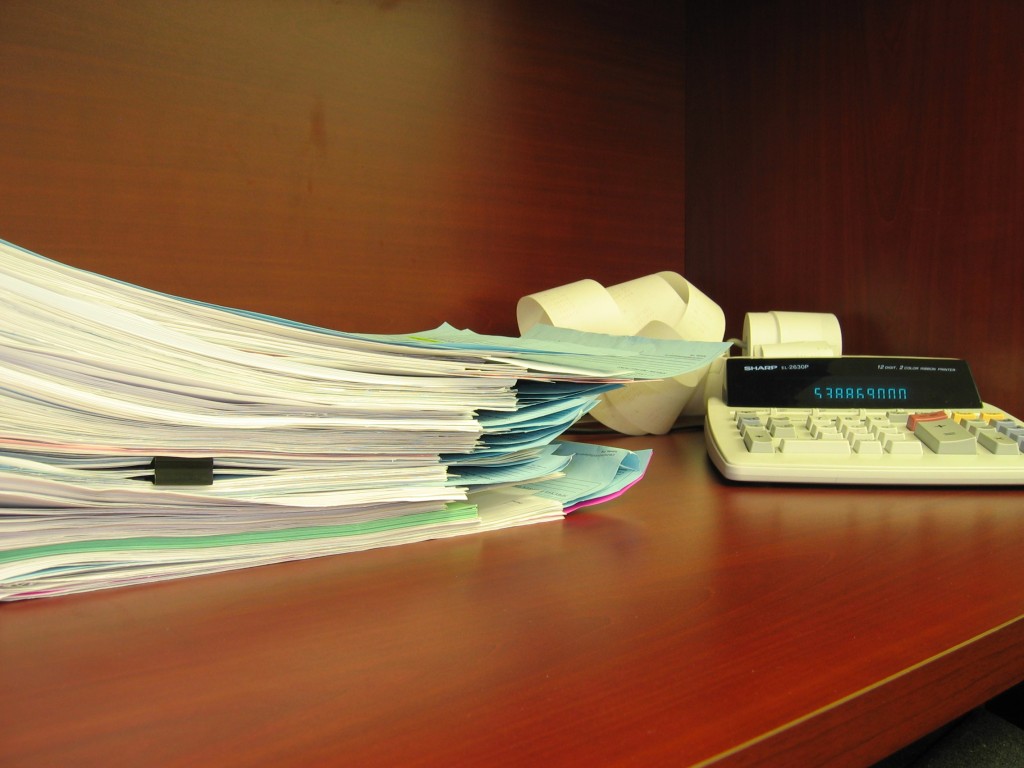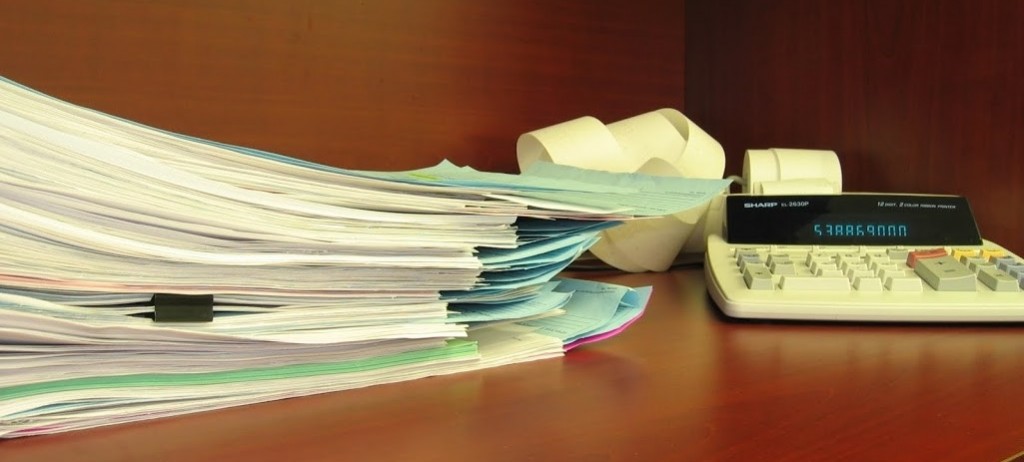How Does Risk Affect your Enterprise’s Balance Sheet?
Risk directly and indirectly affects your business’ balance sheet. Proper risk management is important to mitigating risks as to avoid excessive expenditures or the loss of growth opportunities. When a company has a high amount of risk associated with their enterprise, they should acknowledge this on their balance sheet in a number of ways. Alternatively, if you keep your company’s financial risk low, you may have more assets and thereby more flexibility to take advantage of opportunity.
Accurately calculate your company’s risk, or potentially risk your entire enterprise.
While the amount of risk your company accumulates is important, proper calculation of this figure is even more pertinent to running a successful enterprise. You need to know how much risk you have to be able to take the proper precautions to avoid overspending. Talk with a seasoned accounting professional to get a realistic financial audit and forecast that will enhance your ability to achieve sustainability.
 Account for Contingencies/Anticipated Liabilities
Account for Contingencies/Anticipated Liabilities
- A contingency is an anticipated liability: it is a cost that has not yet occurred, but may occur after the succession of events, therefore, it should be accounted for on your balance sheet
- An example of a contingency would be when a client, employee or other party sues a company and has a case that will likely result in a win for said oppositional party
- The company being sued may want to account for these foreseeable costs, demonstrating the affect as a liability on their balance sheet
- A company with a great deal of risk (e.g. a company that is exposed to lawsuits often) will have to account for contingencies more often than companies that are not regularly affected by non-operational costs and liabilities
Manage the Risks of Accounts Receivable
- When you sell products or services, you expect your customers to pay you the accurate amount on time
- However, this does not always happen so companies must take into account that some of their accounts receivable will not be paid.
- On the balance sheet, this foresight is accounted for in the section called “Doubtful Accounts”.
- Based on past occurrences, a company must gauge how many or how few accounts will fail to pay them and then apply this percentage to the total amount owed in their accounts receivable
- By anticipating this cost, a business does not overstretch itself financially and overspend when they do not yet have a sufficient amount of realized cash inflow
Look Ahead to Mitigate the Risk of Risk
- While contingencies are risks that are likely to occur in a foreseeable amount of time, there are a great deal of other risks that may occur in the more distant future
- For example, if the government enacts a policy change that will directly affect a company’s ability to sell specific products, although this change has not yet impacted the company’s bottom line, it should be accounted for on the balance sheet
Honest, objective foresight will help your company to detect and account for the micro- and macro-cosmic changes that will affect your ability to balance your assets and liabilities. Your balance sheet needs to be an accurate snapshot of your company. Our accounting team will help you to evaluate your business’ finances. From contingencies to long-term risk management, we will help you to create a more sustainable business that is strategically positioned for growth and prosperity. Contact our Toronto accountants today and take the risk out of risk management.







